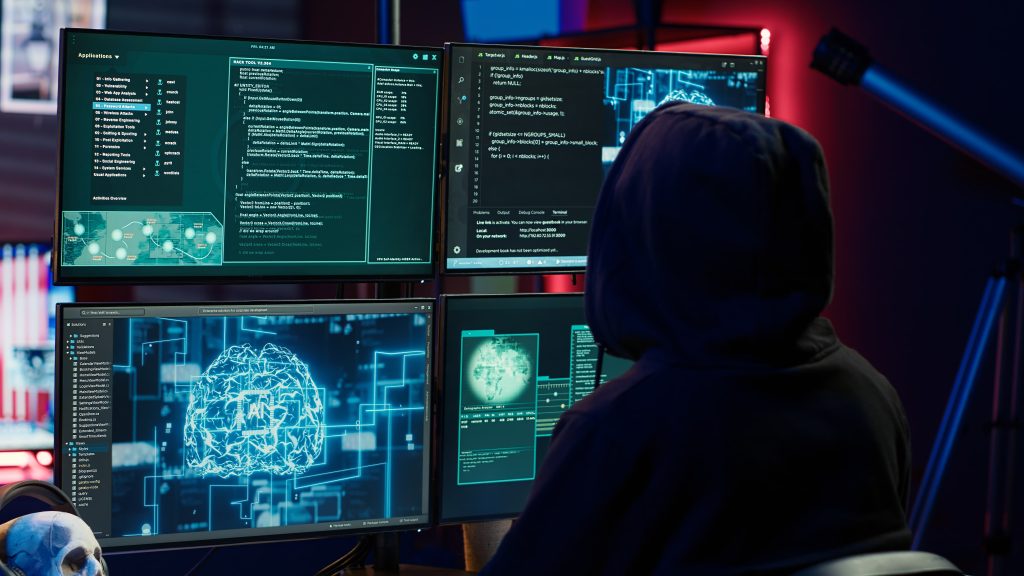Cybercrime in Washington – Computer Trespass, Identity Theft, and Online Harassment Laws

As technology continues to shape daily life, crimes committed through computers, networks, and online platforms have become increasingly common. Washington State has specific laws addressing cybercrime, covering everything from unauthorized access to personal data to harassment conducted over the internet. Understanding these laws is critical for both those accused of cyber offenses and individuals seeking protection from online misconduct.
Computer Trespass
Under RCW 9A.90.040, computer trespass occurs when a person, without authorization, intentionally gains access to a computer system or network. This can include hacking into a private account, accessing company databases without permission, or bypassing security measures.
- First-degree computer trespass applies when the unauthorized access is to a government network, financial institution, or involves confidential information. It is a Class C felony, punishable by up to 5 years in prison and a $10,000 fine.
- Second-degree computer trespass applies to all other unauthorized access and is a gross misdemeanor, punishable by up to 364 days in jail and a $5,000 fine.
Identity Theft
Washington’s RCW 9.35.020 makes it a crime to knowingly obtain, possess, use, or transfer another person’s personal identifying information with the intent to commit a crime. This includes using stolen credit card numbers, Social Security numbers, or bank account details.
- First-degree identity theft involves obtaining goods, services, or anything else of value over $1,500, or targeting a senior or vulnerable adult. It is a Class B felony, punishable by up to 10 years in prison and a $20,000 fine.
- Second-degree identity theft covers all other cases and is a Class C felony.
Online Harassment
Online harassment in Washington is addressed through both criminal harassment statutes (RCW 9A.46.020) and cyberstalking laws (RCW 9.61.260). Cyberstalking occurs when someone, with intent to harass, intimidate, torment, or embarrass, makes repeated electronic communications using lewd, threatening, or abusive language.
Cyberstalking is typically a gross misdemeanor but can be charged as a Class C felony if it includes threats to kill or targets certain protected individuals, such as witnesses in a criminal case.
Defenses and Challenges
Cybercrime charges often hinge on complex technical evidence, such as IP address logs, device data, and network access records. Common defenses include disputing the identity of the user, showing that access was authorized, or demonstrating lack of intent to commit a crime. Because these cases involve specialized digital forensics, having an attorney familiar with both the law and technology is essential.
Cybercrime laws in Washington carry serious penalties, from jail time to significant fines, and can have long-lasting consequences on employment and reputation. Whether you are facing charges for computer trespass, identity theft, or online harassment, or you are a victim seeking protection, the Law Office of Erin Bradley McAleer can provide experienced guidance and representation. Contact us today for a confidential consultation.